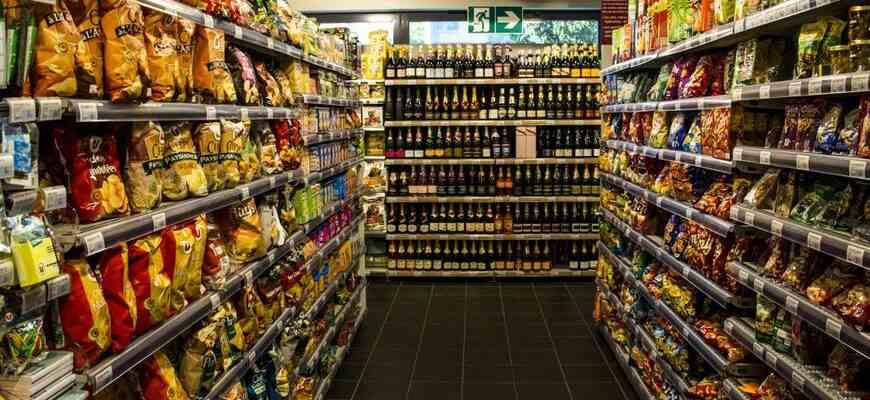This is one of the consequences of the conflict in Ukraine: tensions over the supply of sunflower oil, especially for manufacturers, and therefore the manufacture of crisps, fries, sauces or even margarine. As of Tuesday, the Ministry of the Economy authorized certain manufacturers for a maximum of six months to replace sunflower oil without changing their packaging immediately.
Report a recipe change
Food manufacturers who use sunflower oil in their recipes will have to apply for an exemption to use, for example rapeseed or palm oil instead of sunflower oil. They will then have a period of six months to change their packaging, and must within two months report that a change in recipe has taken place without necessarily specifying which one.
On the other hand, if allergenic products are added or if the recipe change distorts the “100% organic” Where “without palm oil” for example, the indication of a change in revenue must be immediate, indicates the Ministry of the Economy
Chocolates, fries, pasta…
All revenue changes must be referenced on a fraud prevention site (DGCCRF), which must monitor compliance with the rules set by the government in the coming months. According to Bercy, several hundred or even a thousand references could be the subject of these requests for exemptions, in particular fried products such as crisps or fries, or breaded, or even margarine, but also sauces, pasta, canned oil, or even chocolate, since sunflower oil is used in the form of lecithin, an additive. This also applies to products sold wholesale or semi-wholesale, said the Ministry of the Economy.
Mixed consumer associations
The industrialists had seized the services of the Ministry of the Economy several weeks ago to alert on the tensions of supply of sunflower oil, and to request authorization to modify the recipes. Ukraine, which accounted for 50% of the world trade in sunflower oil, can no longer export it because of the war which resulted in its ports being blocked.
Faced with demands from agri-food manufacturers in France, the NGO Foodwatch insisted on the need for “total transparency”. She reacted on Tuesday by saluting “the effort of transparency of the authorities”, but also alerted “on the puzzle of access to information for consumers”at best via stickers on the packaging – “but not always” – or via a QR code in stores linking to the Fraud Prevention (DGCCRF) website. The NGO demands, via a petition, that the manufacturers and distributors of the products concerned “make it as easy as possible to access information on the shelves and directly on the products concerned”. For its part, the French Association for the Prevention of Allergies (AFPRAL), welcomed the particular care with regard to information on possible allergens, considering “essential that consumer safety be preserved”.
“Manufacturers are committed to informing consumers as well as possible”
“Manufacturers are committed to informing consumers as well as possible”, assured this Tuesday on franceinfo Mickaël Nogal, director general of the National Association of Food Industries (ANIA).“Yes, the manufacturers are committed to informing consumers as well as possible, this will go through stickers directly on the packaging, or for secondary changes through in-store information.” he adds, guaranteeing that the consumer will not need to scan a QR code or go to the fraud prevention site.

